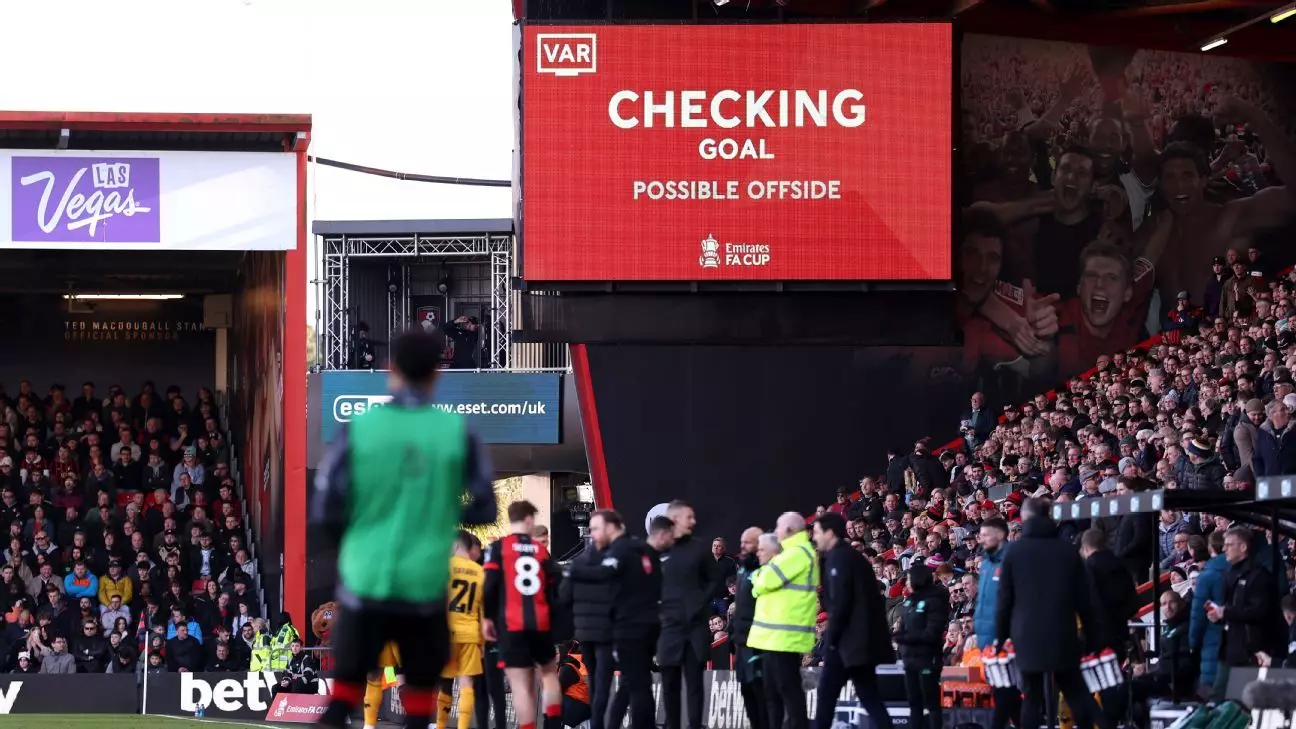In the fast-paced world of professional football, technological advancements are reshaping how the game is officiated. Howard Webb, the chief of Premier League referees, has publicly hinted at a transformative future where VAR could extend beyond its current scope. The idea is not merely to refine existing processes but to fundamentally enhance fairness and accuracy on the pitch. If expanded, VAR might scrutinize yellow cards and corner kicks, areas traditionally left to human judgment. Such a shift signals a desire to rigorously eliminate controversy and ensure that errant decisions do not tarnish match integrity.
This evolution isn’t without debate. While supporters argue that technological intervention can correct clear errors—such as wrongly awarded corners or missed cautions—skeptics raise concerns about overreach and potential delays in gameplay. However, the essence of Webb’s position is optimistic; technology’s role should be dynamic, not static. If predefined criteria are established, VAR can be a more comprehensive tool, effectively reducing tactical errors that influence match outcomes and player discipline.
The ongoing review by the International Football Association Board illustrates the sport’s collective willingness to adapt. Webb’s openness to expanding VAR signals a recognition that football’s governing bodies must continually balance fairness with fluidity. In an era where rapid decision-making is vital, leveraging technology to address peripheral issues—like yellow cards and corners—could mark a significant milestone in refereeing standards.
The Challenges Beyond Technology: Society’s Shadow and the Need for Respect
However, the push for technological adoption doesn’t exist in a vacuum. Webb’s commentary goes beyond the mechanics of VAR, addressing a pressing societal problem: the widespread abuse directed at officials. Recent incidents of death threats and aggressive confrontations reveal an alarming decline in respect for referees, often fueled by social media’s anonymity. Webb rightly condemns such behaviors, emphasizing that disagreement with decisions should not justify personal threats or hostility. This toxic environment tarnishes the sport’s integrity and endangers the safety of officials and their families.
The issues surrounding referee conduct are symptomatic of larger social currents—where frustration and polarization often spill over into hostility. Webb’s stance underscores the importance of fostering a culture of respect within football and society at large. Protecting officials must be a priority, as their difficult role is the backbone of the game’s fairness. Confident referees, free from fear of abuse, can focus on executing their duties more effectively, ultimately benefiting the quality of play and the integrity of competition.
On a more somber note, Webb acknowledged that certain disciplinary cases, like that of David Coote, illustrate the disciplinary challenges referees face. The unlikely return of officials dismissed for misconduct may serve as a cautionary tale about accountability and standards. Webb’s reflection reminds us that the evolution of officiating encompasses not only technological improvements but also a cultural shift towards greater professionalism and societal accountability.
In essence, modern football stands at a crossroads: embracing technological innovation while simultaneously addressing the toxic behaviors that threaten the sport’s core values. Expanding VAR could be part of this broader transformation, fostering fairness. Yet, without a parallel effort to cultivate respect and responsibility among fans and officials alike, the game risks losing its moral authority. The future of football’s officiating lies not only in smarter technology but also in the collective commitment to uphold dignity, integrity, and fairness—both on and off the field.


Leave a Reply